Dorset Holiday Letting Review and Predictions
Over 60 owners and guests attended Dream Cottages’ sold-out information evening in February based on Dorset holiday letting, which...
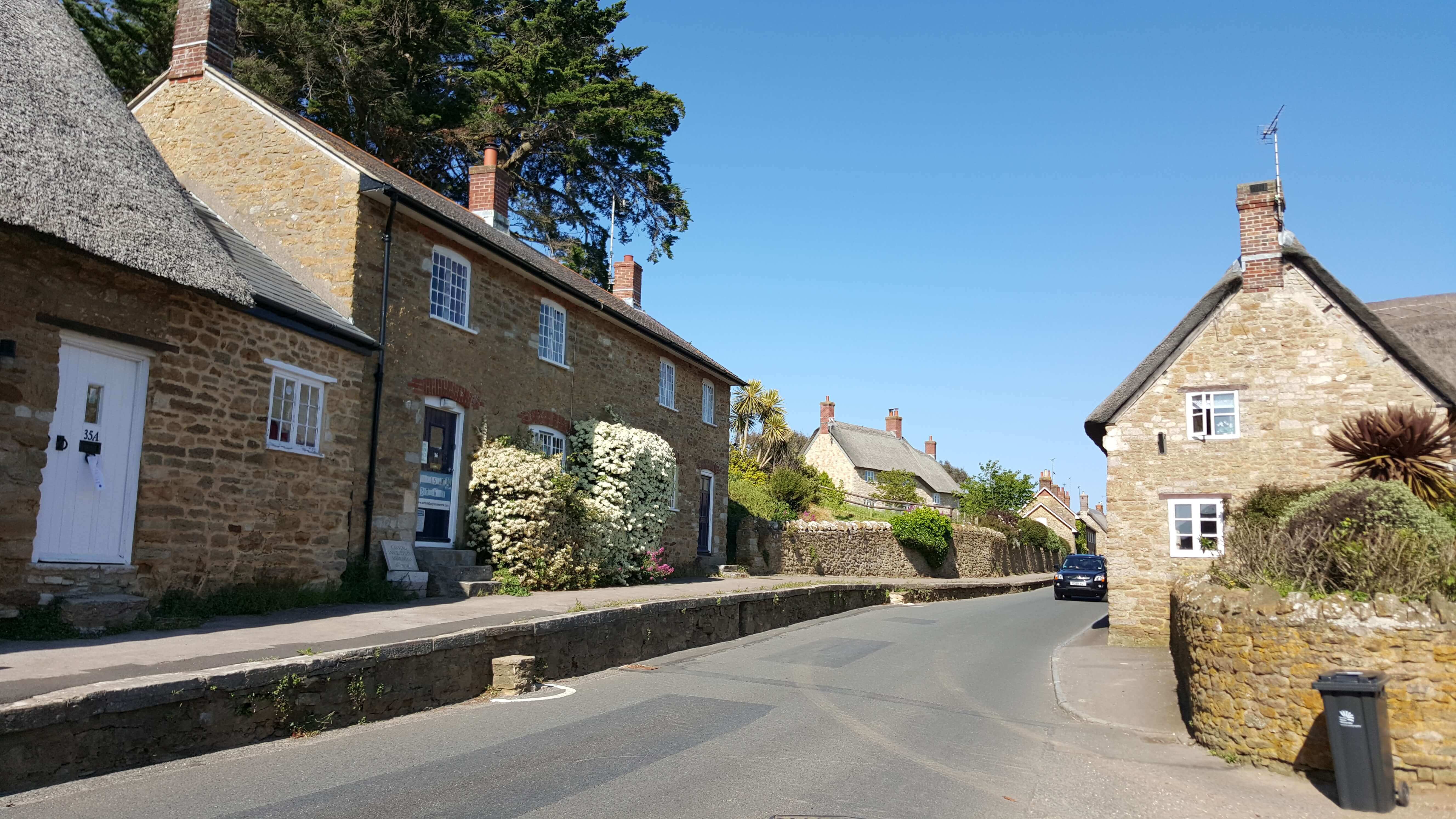
Here at Dream Cottages we understand that tax isn’t the most exciting thing to talk about when setting up your holiday let. That’s why we’ve created a holiday letting guide to tax.
For most people, it can be confusing. However, it’s important to know what tax implications are involved before you start holiday letting.
Read our holiday letting guide for a better understanding of tax information on your holiday let property.
There are a number of elements that can affect the taxes you pay on your property.
At Dream Cottages, we want to make sure you have all the information and support to make holiday letting work for you.
With over 350 property owners and our dedicated team are here to help every step of the way. We want your holiday let business to be run as smooth as possible.
You may be considering holiday letting a property you already own or looking to purchase a property to let out. Our New Property Team would love to help guide you through the process.
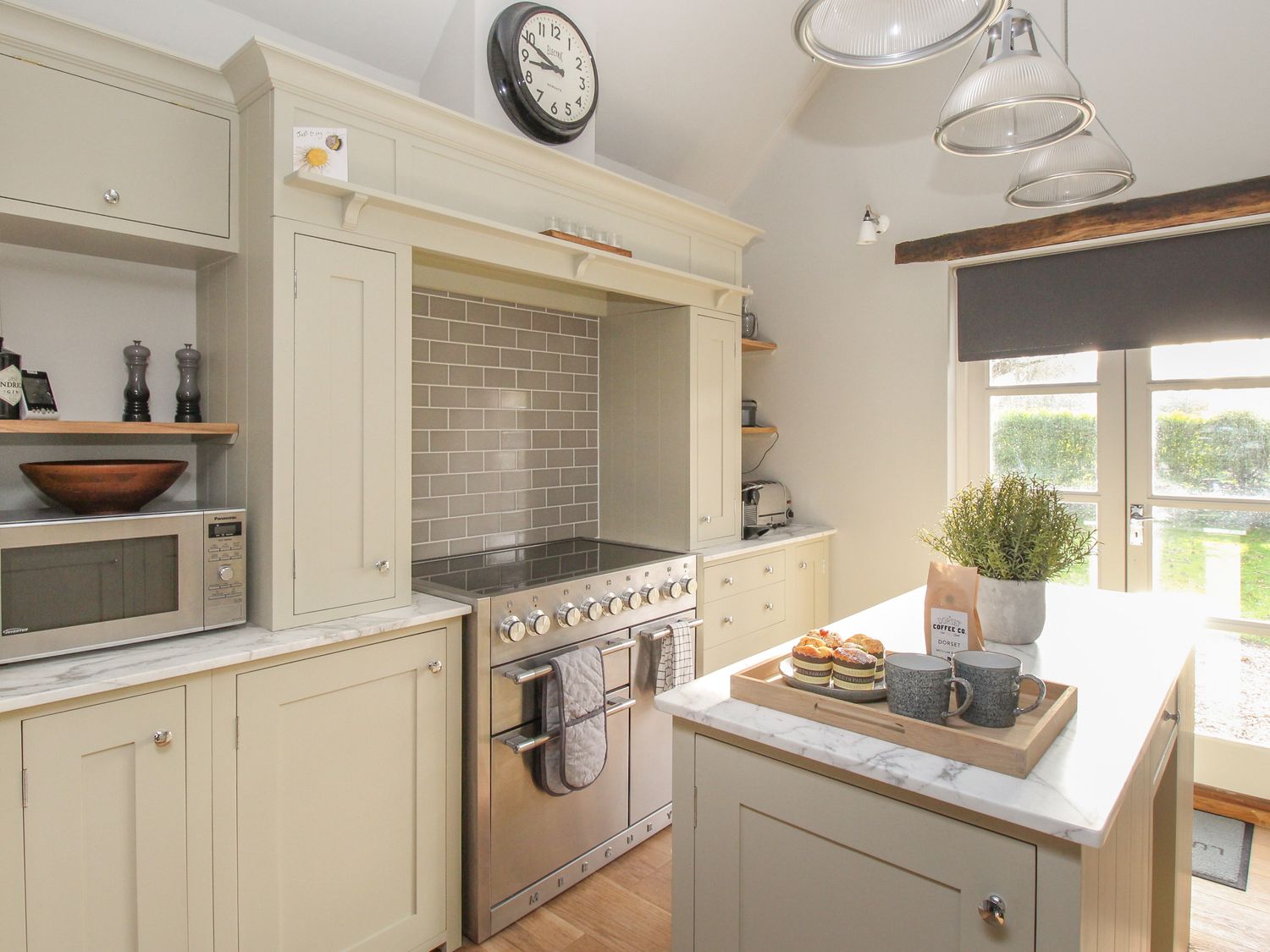
A Furnished Holiday Let, also known as a FHL, is a certain type of rental property classification.
Running a FHL comes with certain tax advantages however the property has to meet certain requirements.
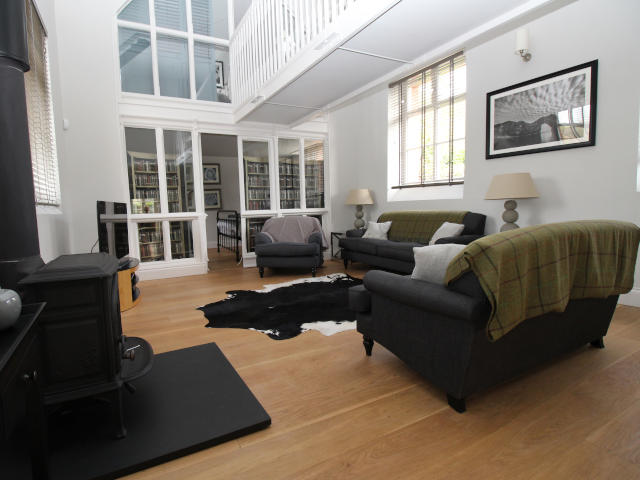
Your holiday let must be actively promoted and let commercially, with the intent of making a profit.
It’s your ‘intent’ that counts and by marketing your property with Dream Cottages, proves just that!
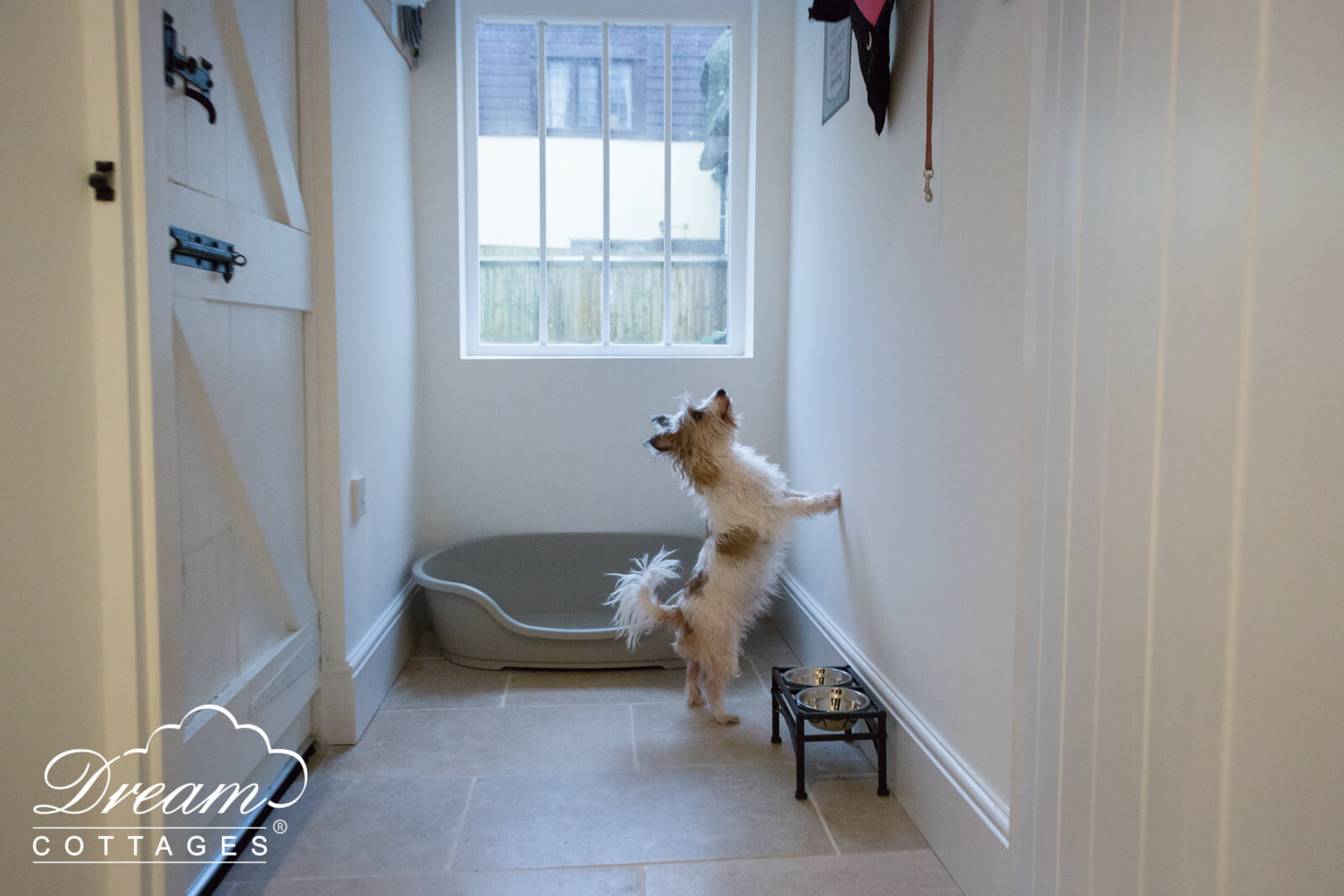
There are three main conditions relating to the occupancy of your holiday let that must be met in order to qualify:
But don’t worry, if you don’t qualify for the occupancy requirements, there are two options you can look at:
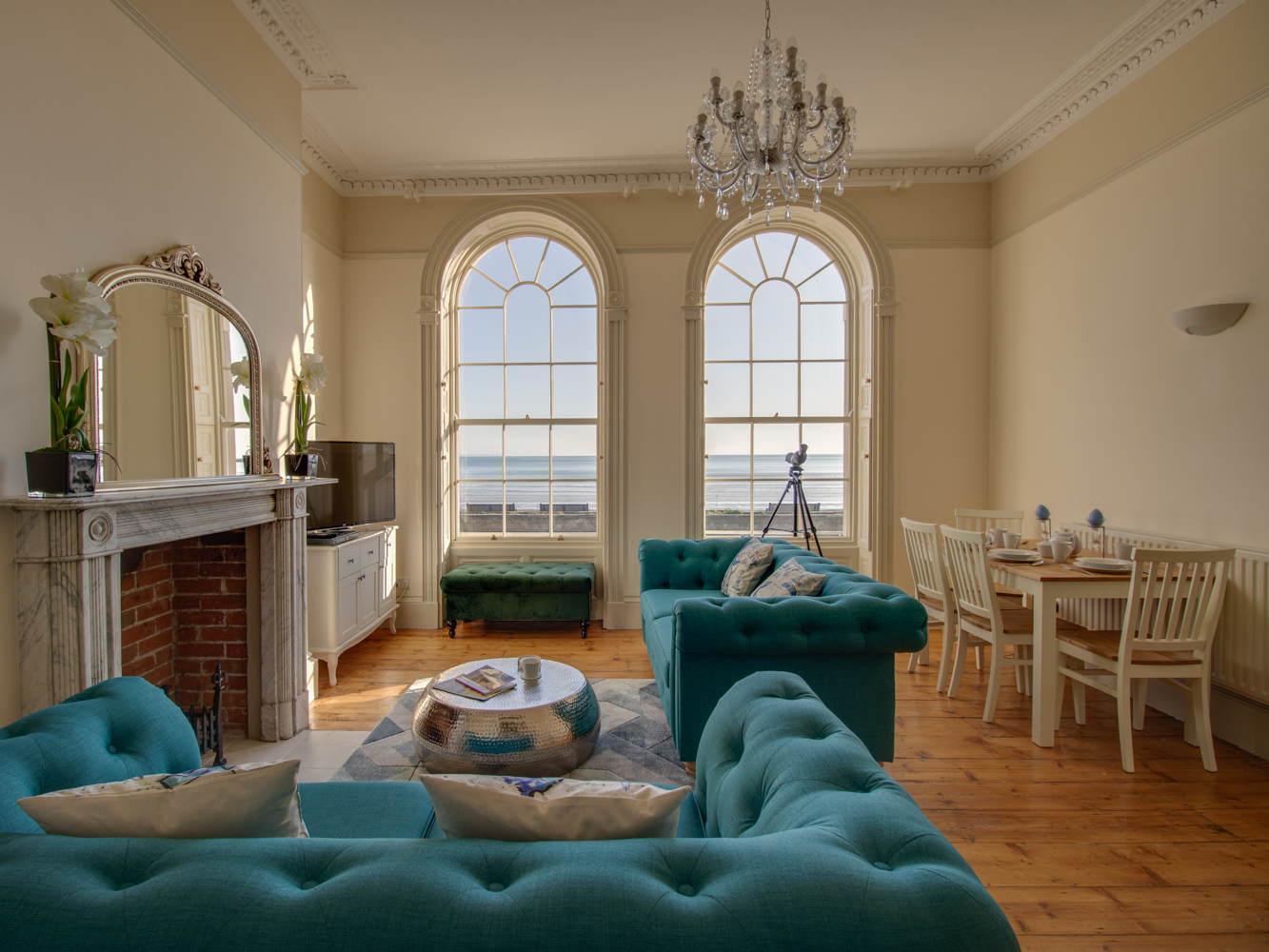
Although this may seem a little obvious, it is a requirement to have the property furnished.
However, the costs of some of the furniture can be deducted as an allowable expense. This in particular when looking at relief from capital gains tax.
Allowable expenses can also include any costs associated with letting your property such as utility bills, cleaning materials and refuge collection.
The cost of these will be deducted from your gross rental income before you work out your taxable profit.
You will be required to pay business rates if your holiday let is available for 140 days or more per year. This is instead of council tax.
The Valuations Office sets the rateable value and business rates are charged accordingly. This may not be bad news as you may be entitled to claim Small Business Rate Relief.
Currently, if the rateable value of a property is less than £15,000, small business rate relief can be up to 100%.
If your revenue from your FHL property portfolio exceeds the VAT threshold, you will need to become VAT registered.
However, to exceed the current VAT threshold you would need to let that property for over £1,500 per week for the entire year!
Therefore, you’ll most likely need multiple FHL properties before VAT becomes something you would need to consider.
Should come to sell your FHL property, you are able to claim certain Capital Gains Tax reliefs.
These are unavailable to long-term rental properties and include Entrepreneur’s Relief, Roll-over Relief and Hold-over relief.
Please Note: The information contained in this article was accurate at the time of writing, based on our research. Rules, criteria and regulations change all the time, so please contact our prospective new owner team if you’d like to hear how. Nothing in this article constitutes the giving of financial, tax or legal advice to you; please consult your own professional advisor (accountant, lawyer etc). in this regard. If we have referred within the article to a third-party provider of unregulated holiday let mortgages, this is due to the fact that such mortgages aren’t currently regulated by the FCA.
As a helpful reminder, your home may be repossessed if you do not keep up repayments on a mortgage, so again anything you decide to do in this particular area this is one on which you should take your own professional advice on too, as we aren’t providing and can’t provide you with this.
Discover how a local brand with national reach can work for you. We've been letting properties since 1989 and pride ourselves on delivering the bookings you deserve.